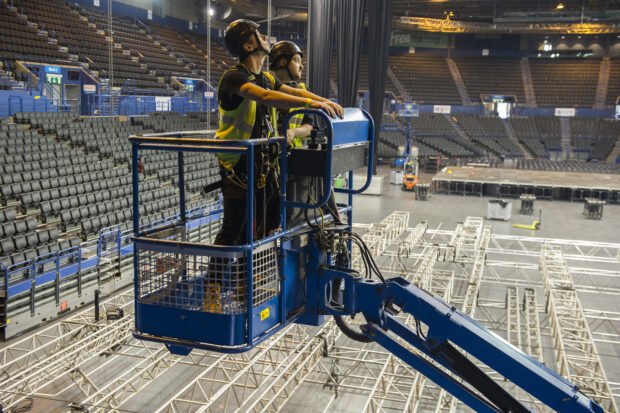
The Institute operates according to criteria set out by the Department for Education, which underpin our arrangements for the development and approval of standards and assessment plans. We also use a number of second order criteria, which play a part in the approvals process.
We’ve learned that some of these have been proved a stumbling block to approving otherwise good standards, so we’ve decided to:
- review the criteria to make them simpler and easier to use, for both employers and the Institute
- bring forward the approval of the apprenticeship occupation to the front, so that this is decided once and for all at the start of the development process
- modify and clarify the criteria on “overlap” and on “full occupational competence for new entrants”, to enhance quality and avoid thwarting otherwise good standards
- produce guidance on occupational levels in order to bring greater clarity to assignment of levels to apprenticeships
- simplify the criteria for standards, so they are only concerned with how standards are written. In future occupations and standards will be based on a comprehensive occupational profile, based on the activities involved. This will help to derive knowledge, skills and behaviours
- simplify the criteria on assessment
- eliminate as many of the second order requirements as possible. Institute staff and employer committees will make decisions from the new criteria instead of second order rules, except where these have been retained as essential.
Though technical in some respects, these changes will mean Route Panels aren’t constrained by well-intentioned policy, which unintentionally inhibits their freedom to make reasonable decisions based on their occupational expertise. The new policy will be published on the Institute’s website later this year.
Details of the changes can be found on our website.
Leave a comment